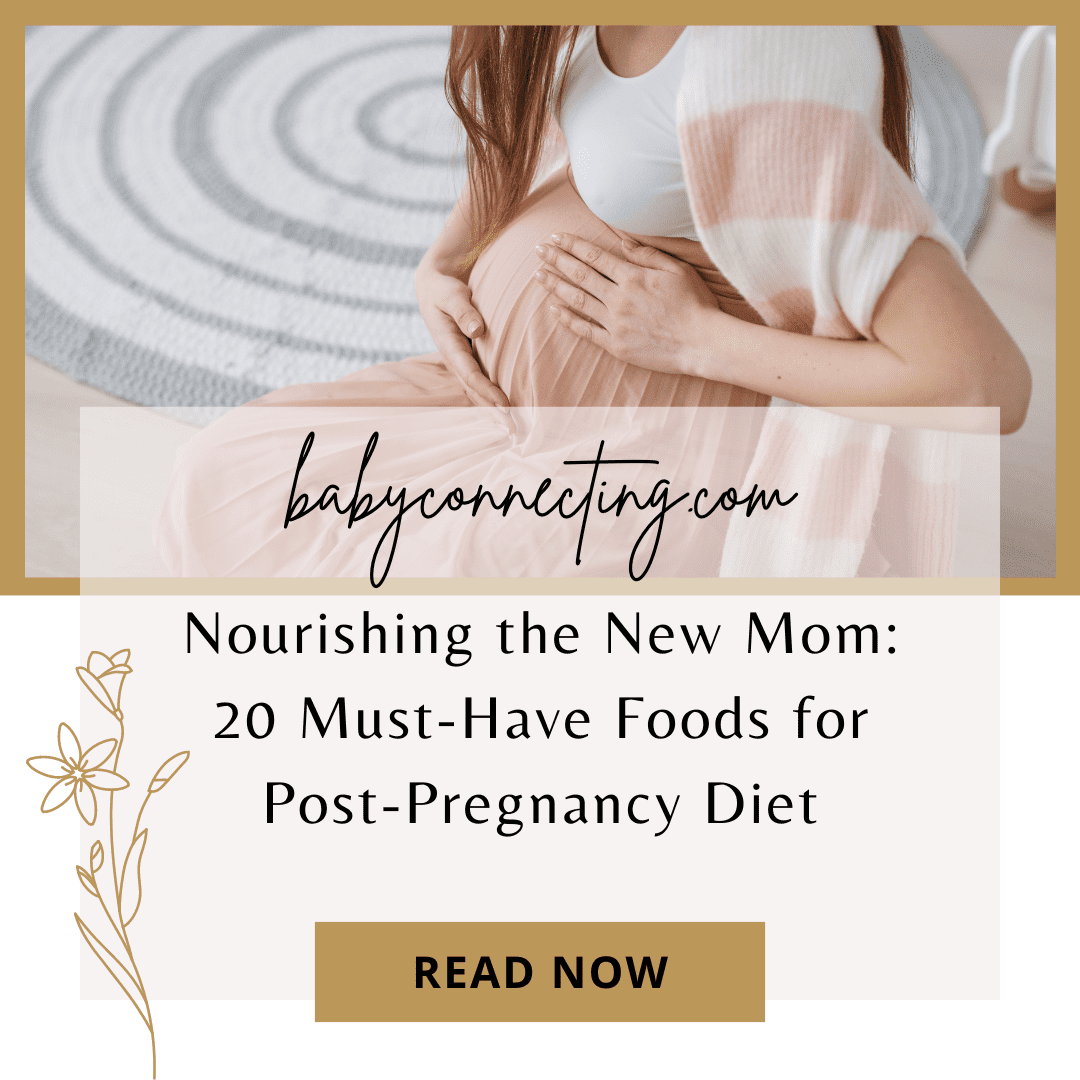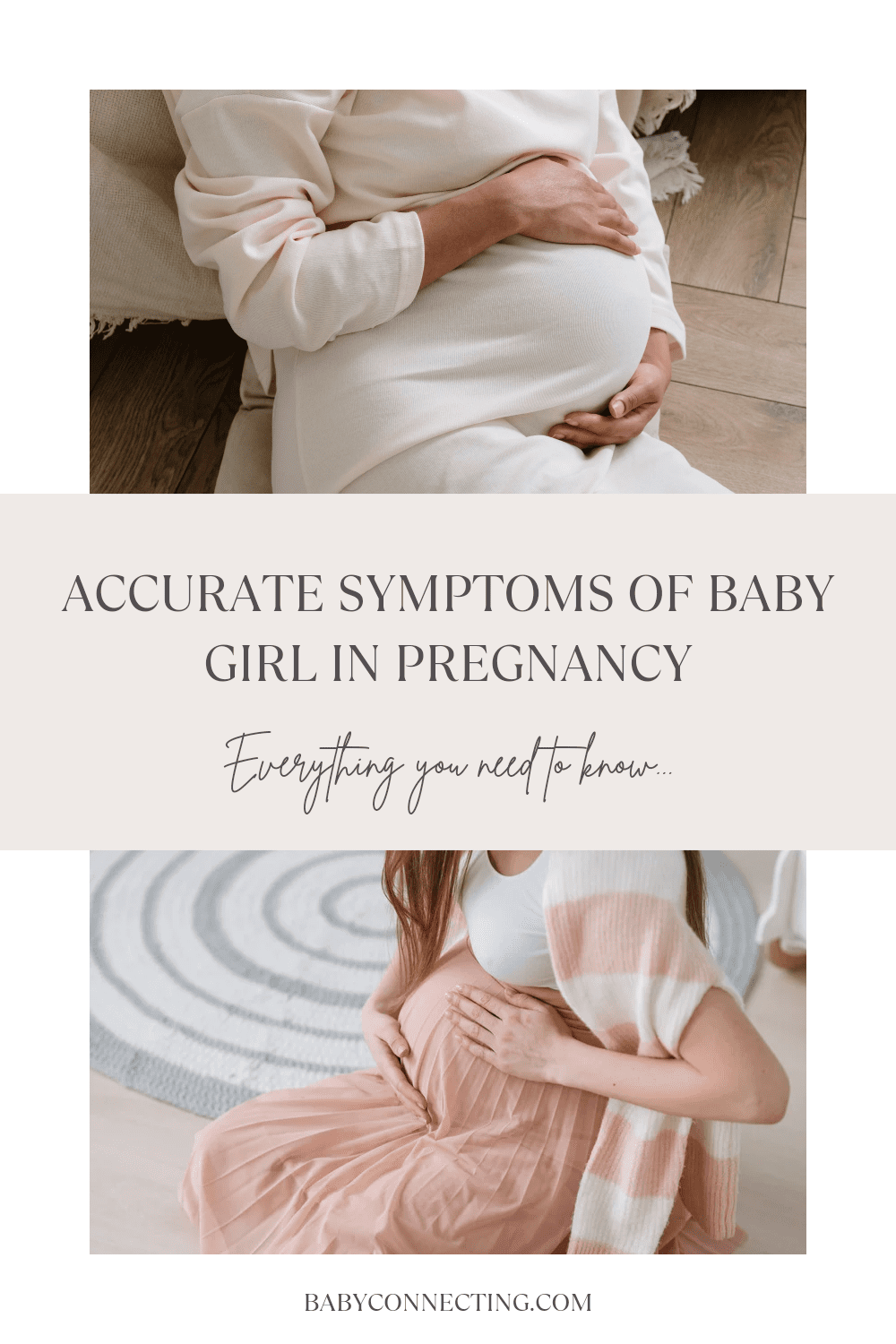Navigating the Buzz: Coffee During Pregnancy – Advantages and Disadvantages
Introduction:
Pregnancy is a time of immense joy and anticipation, but it also comes with its fair share of uncertainties, especially when it comes to diet and lifestyle choices. Among the many debated topics, the consumption of coffee during pregnancy stands out as a particularly contentious issue. While some tout its benefits, others caution against its potential risks.
In this blog post, we’ll delve into the advantages and disadvantages of consuming coffee during pregnancy, supported by research and references.
Advantages of Coffee During Pregnancy:
1. Boost in Mood and Alertness:
Research suggests that moderate caffeine intake, which includes coffee, can enhance mood and cognitive function in pregnant women, helping them combat feelings of fatigue and lethargy. A study published in the American Journal of Obstetrics & Gynecology found that moderate caffeine consumption during pregnancy was not associated with adverse maternal or neonatal outcomes.
2. Antioxidant Properties:
Coffee is rich in antioxidants, such as chlorogenic acid and polyphenols, which have been linked to various health benefits, including protection against oxidative stress and inflammation. Antioxidants play a crucial role in maintaining overall health and may contribute to reducing the risk of pregnancy complications.
3. Lower Risk of Gestational Diabetes:
Some studies suggest that moderate coffee consumption during pregnancy may be associated with a lower risk of gestational diabetes mellitus (GDM). A prospective cohort study published in the journal Nutrients found that women who consumed moderate amounts of caffeine during pregnancy had a reduced risk of developing GDM compared to those who abstained from caffeine.
Disadvantages of Coffee During Pregnancy:
1. Increased Risk of Miscarriage:
High caffeine intake during pregnancy has been linked to an increased risk of miscarriage in some studies. The American College of Obstetricians and Gynecologists (ACOG) recommends limiting caffeine intake during pregnancy to less than 200 milligrams per day to minimize this risk.
2. Potential Fetal Growth Restriction:
Excessive caffeine consumption during pregnancy has been associated with an increased risk of fetal growth restriction (FGR), which may lead to low birth weight and other complications. A systematic review and meta-analysis published in the journal BMC Medicine found a dose-response relationship between caffeine intake during pregnancy and the risk of FGR.
3. Interference with Sleep Patterns:
Pregnant women are already prone to sleep disturbances due to hormonal changes and physical discomfort. Consuming coffee, especially in the afternoon or evening, can exacerbate sleep problems and lead to insomnia or disrupted sleep patterns, which are crucial for maternal and fetal health.
Conclusion:
The debate surrounding coffee consumption during pregnancy underscores the importance of informed decision-making and moderation. While moderate coffee intake may offer certain benefits, excessive consumption can pose risks to maternal and fetal health. Pregnant women should consult with their healthcare providers and consider individual factors such as preexisting medical conditions and caffeine sensitivity before making dietary choices. Ultimately, striking a balance between enjoying the occasional cup of coffee and prioritizing the well-being of both mother and baby is key.
References:
– Chen, L. W., et al. (2016). Coffee Consumption During Pregnancy and Risk of Gestational Diabetes Mellitus: A Systematic Review and Dose-Response Meta-Analysis of Prospective Cohort Studies. Nutrients, 8(11), 678.
– Bakker, R., et al. (2016). Maternal caffeine intake from coffee and tea, fetal growth, and the risks of adverse birth outcomes: the Generation R Study. The American Journal of Clinical Nutrition, 103(3), 748-755.
– American College of Obstetricians and Gynecologists. (2020). ACOG Committee Opinion No. 462: Moderate caffeine consumption during pregnancy. Obstetrics and Gynecology, 116(2 Pt 1), 467-468.
– Chen, L. W., et al. (2019). Maternal caffeine intake during pregnancy is associated with risk of low birth weight: A systematic review and dose-response meta-analysis. BMC Medicine, 17(1), 2.



